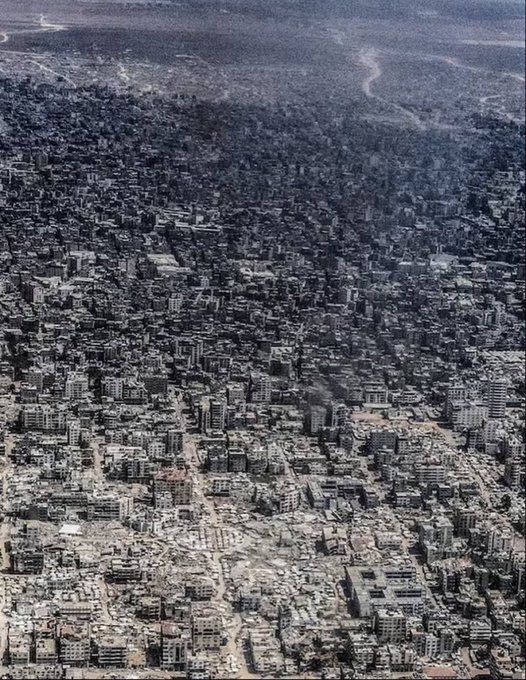BRIEFING
11 July 2002
The International Criminal Court and Possible US Prosecution
Introduction
Perpetrators safe in the knowledge that the international community will not bring them to account have committed some of the worst crimes of modern times.
Establishment of the ICC
The Rome Statute which established the International Criminal Court came into force on July 2002 bringing acts of genocide, crimes against humanity and war crimes under the jurisdiction of the International Criminal Court.
The establishment of the ICC has been hailed by many as one of the most important steps for upholding international justice to have been taken since the establishment of the UN system. 74 governments, including the entire EU has ratified the treaty.
Universal Jurisdiction
Traditionally, states have enacted criminal law to prosecute perpetrators of crimes committed within their territory, regardless of the perpetrator and victims nationality. International law allows states to enact criminal laws that are of universal jurisdiction.
Therefore, although there is a lack of political will to do so by the national and international community, the national courts have the jurisdiction to try war crimes, crimes against humanity and genocide, regardless of where they took place or the nationality or residence of either the victims or the accused. It does not require the presence of the alleged perpetrator to be present within the borders of the country.
Technically under the universal jurisdiction doctrine, US soldiers can be tried in foreign courts. However, the US, through diplomatic, economic and military, is able to dissuade foreign states from prosecuting. They would not be able to exert such pressure on the ICC.
US opposition to the ICC
In May, the Bush administration revoked the US signature to the Treaty. President Clinton signed the Treaty on 31 December 2000. Since then they have been conducting a campaign to undermine the International Criminal Court and its universal jurisdiction. The biggest fear of the US in supporting the ICC is that its own personnel may face prosecution by the ICC for frivolous or political reasons.
Limited Jurisdiction of the ICC
Safeguards have been incorporated to prevent such prosecutions. According to the Rome Statute the primary responsibility of investigation and prosecution of its alleged war criminal, if necessary, rests on the national courts. If they fail to do so, then the ICC will investigate and prosecute.
The ICC will not have jurisdiction of crimes committed before the Statute came into force. However, a look at US action in the past may shed light on why the US opposes an international criminal system.
What types of US acts would constitute sufficient to prosecute in ICC
Under international law the rule of proportionality prohibits military attack causing an incidental loss of civilian life that is excessive compared to the military advantage gained. This would mean that certain actions, which the US military considers lawful, would not be so according to the ICC. For example:
US involvement in Iraq
The Gulf War bombing of Iraq’s electrical grid was claimed to have killed a disproportionate number of civilians, including thousands who died from loss of refrigeration, water purification and other necessities of modern life.
US involvement in Yugoslavia
Military action was restricted to high altitude ‘remote-control’ bombings in order to minimise political opposition from self-proclaimed humanitarians in their own country. This was done knowingly that there would be a serious loss of life and severe hardship among local, non-combatant civilian population.
Moreover, the Security Council is the only body that can authorise the use of force under Chapter VII of the UN Charter. The illegal bombing campaign, the disregard for massive civilian loss of lives and destruction of property could leave the US open for prosecution in the international arena.
US involvement in Chile
Ironically, the people of Chile have reason to mourn September 11. On that day in 1973
A coup d\’etat backed and orchestrated by the USA led to bloodshed. During the coup which placed Augusto Pinochet into power, at least 5000 were killed, hundreds of them executed by the military. Tens of thousands were tortured. 9000 thousand exiled and around 250,000 held in concentration camps.
US involvement in Nicaragua
In 1986, the USA was accused of being responsible for attacks on another state through its support of the contras rebel movement. The ICJ in The Hague referred to the UN General Assembly’s definition of aggression from 1974 which among other things includes sending armed groups into another states territory or substantial involvement in such incursions.
US involvement in Nicaragua would make them liable for prosecution for crimes of aggression.
Conclusion
The reality is that US conduct around the globe amounts to serious crimes of international law. Their opposition to ICC is so that they can get immunity for acts which would be prosecuted if others committed them. This reflects the arrogance of the US in insisting on a different level of justice for themselves and others.




